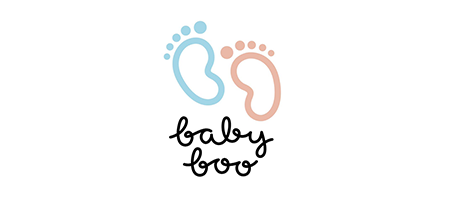When you start breastfeeding, you probably don’t have a timeline in mind of how long you’re going to do it. You’re just trying to make it through the sore nipples, sleeplessness, and marathon nursing sessions. Likely, your main goal is to get the hang of breastfeeding… and stay sane in the process.
But then you hit your stride. Your baby has their latch down, and you begin to get into a nursing routine. For many, breastfeeding eventually becomes second nature, and you may begin to enjoy those times that you can finally sit down and snuggle and feed your little one.





If you’ve gotten to a place where breastfeeding is working well for you and your baby, you might be starting to wonder: When am I supposed to stop? You may have even heard about something called “extended breastfeeding” or wondered what it was like to breastfeed an older baby or toddler.
As you ponder the idea of nursing beyond the first few months, or even past the first year, you’re probably full of questions. So many questions. That’s totally normal. And you’ve come to the right place, because we’ve got answers. Read on…
What is extended breastfeeding?
The term “extended breastfeeding” has a different meaning depending on who you are, where you live, and who you ask.





In some cultures, it’s perfectly normal to breastfeed well past the first year of life, so the idea of breastfeeding a baby past 12 months isn’t “extended” at all. Even in the United States, there’s a wide range of “normal” when it comes to breastfeeding.
According to the CDCTrusted Source, about 36% of babies are still breastfeeding at 12 months, while about 15% are still doing so by 18 months. However, you’ll find that many people think that breastfeeding past the minimum suggestions, or even the first few months is extended breastfeeding.
Most major health organizations recommend nursing your baby for a minimum of 12 months, but many health professionals recommend even longer than that. Here’s what major medical organizations have to say about extended breastfeeding:





The Academy of American Pediatrics (AAP) recommends that babies be exclusively breastfed for the first 6 months, with its continuation lasting for at least 1 year. After that, they recommend breastfeeding as long as “mutually desired by mother and infant.”
The World Health Organization (WHO) also recommendsTrusted Source exclusive breastfeeding for the first 6 months, and then continuing to breastfeed for “up to 2 years and beyond.”
Like the AAP and WHO, the American Academy of Family Physicians (AAFP) recommends continuing to breastfeed for at least 1 year, and says that the health of moms and babies is optimal “when breastfeeding continues for at least 2 years.”











